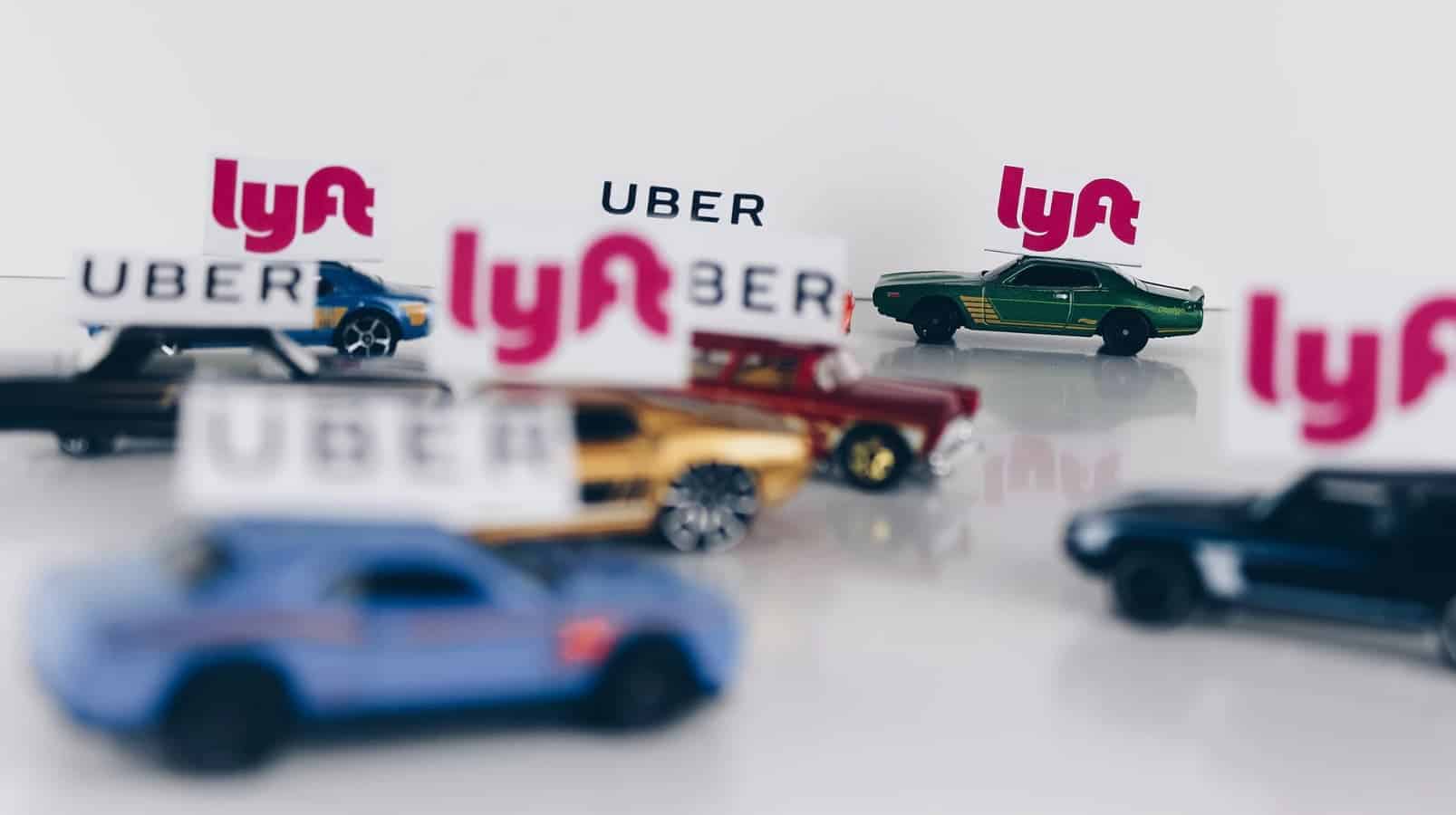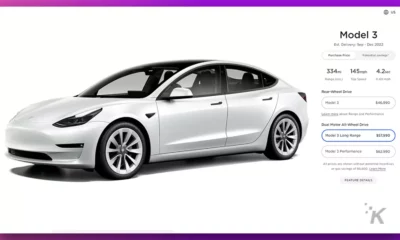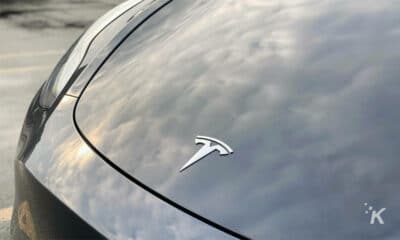News
New study shows that maybe Uber and Lyft actually aren’t better for the environment
While Uber and Lyft cut down on some emissions, it isn’t all great.

When ridesharing companies like Uber and Lyft first started hitting the streets, one of the bigger “positives” was that they could cut down on pollution. Now, a new study from researchers at Carnegie Mellon seems to argue the opposite.
This isn’t overly surprising, as ridesharing services in cities across the country and world have seen a huge influx in the number of people taking Ubers to places instead of public transportation or their own vehicle.
According to the study, services like Uber and Lyft seem to have cut down on air pollutant emissions caused by “cold starts” by nearly 60%, there are plenty of negatives as well.
READ MORE: Uber used a shady trick called a ‘kill switch’ to evade police raids
For example, deadheading is now way more common and, according to the study, has led to a 20% increase in fuel cost and the associated greenhouse gases. Deadheading is referring to the time spent by rideshare drivers without riders, as they cruise around either looking or waiting for riders.
One study (Thanks, New York Times) found that deadheading accounts for almost 40% of all driving miles for Uber and Lyft drivers across six cities in 2019.
In addition to the increase in fuel costs and greenhouse gases, there is nearly a 60% increase in external costs from congestion, crashes, and noise. The study states that these factors add 32–37 cents on average to the cost of a trip (for everyone, not just ridesharing services).
People in larger cities especially have started relying more on ridesharing services and in reality, these companies actually make traffic congestion worse in many cities, which leads to more emissions as people get stuck in traffic.
It should be noted that things could get better as more people switch to electric vehicles. For example, California is already putting rules in place that would see Uber and Lyft transitioning to a majority electric vehicle fleet by 2030.
Have any thoughts on this? Let us know down below in the comments or carry the discussion over to our Twitter or Facebook.
Editors’ Recommendations:
- Uber Eats, GrubHub, and DoorDash team up to sue NYC over new fee caps
- Tesla owners in Texas can now get car insurance based on how well they drive
- GM is finally replacing Chevy Bolt batteries so they stop blowing up
- Volvo will stop selling gas guzzlers by 2030, moving solely to electric vehicles

































